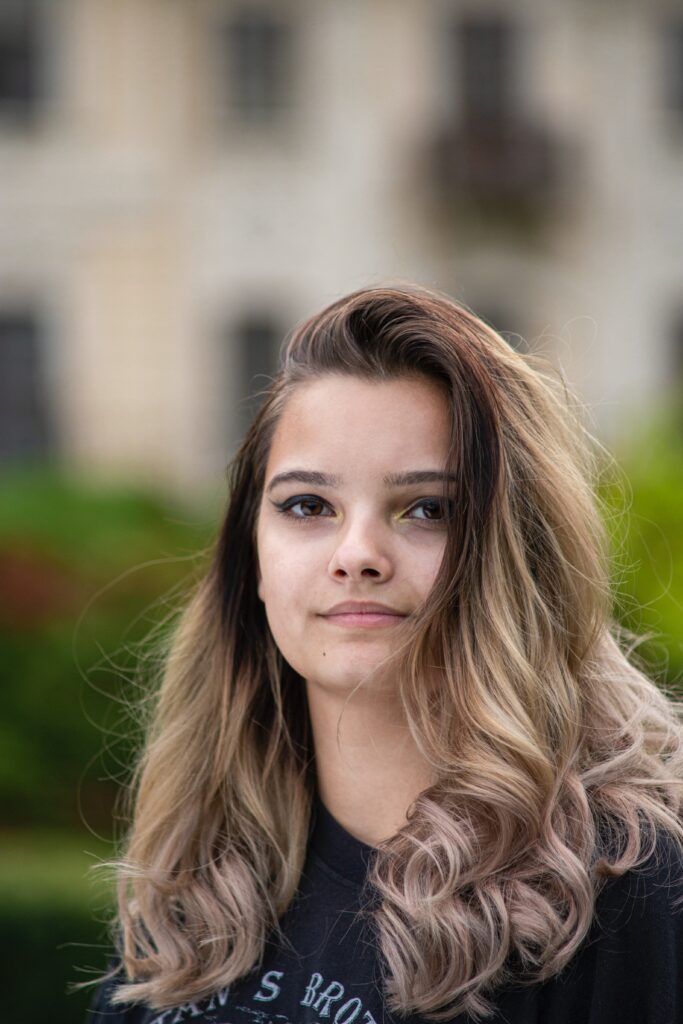Lurasidone Effective Long-Term in Pediatric Bipolar Depression

At the 2020 meeting of the American Society of Clinical Psychopharmacology, researcher Manpreet Singh presented data showing that children aged 10–17 with bipolar depression had an excellent long-term response to the antipsychotic medication lurasidone (trade name Latuda).
Lurasidone has been approved by the US Food and Drug Administration as a monotherapy treatment of bipolar depression in children and adolescents since 2018. Following a six-week double-blind study comparing lurasidone with placebo in 305 children and adolescents, Singh and colleagues carried out an open-label extension study in which all of the young participants, including those in the placebo group, had the option of taking lurasidone for up to two more years.
Of those, 195 children completed one year of treatment, and 93 completed two years of treatment. Rates of response were 51.0% after the six-week preliminary study; 88.4% at one year; and 91.1% at two years. Rates of remission were 24.3% after the six-week study; 61.3% at one year, and 75.6% at two years, while rates of recovery were 17.7% after the preliminary study; 53.8% at one year; and 73.8% at two years.
This improvement in depression had a strong correlation with improvement in functioning, as measured by the Children’s Global Assessment score (CGAS). The results show progressive increases in rates of response, remission, and recovery with duration of treatment that are associated with improvement in functioning.

